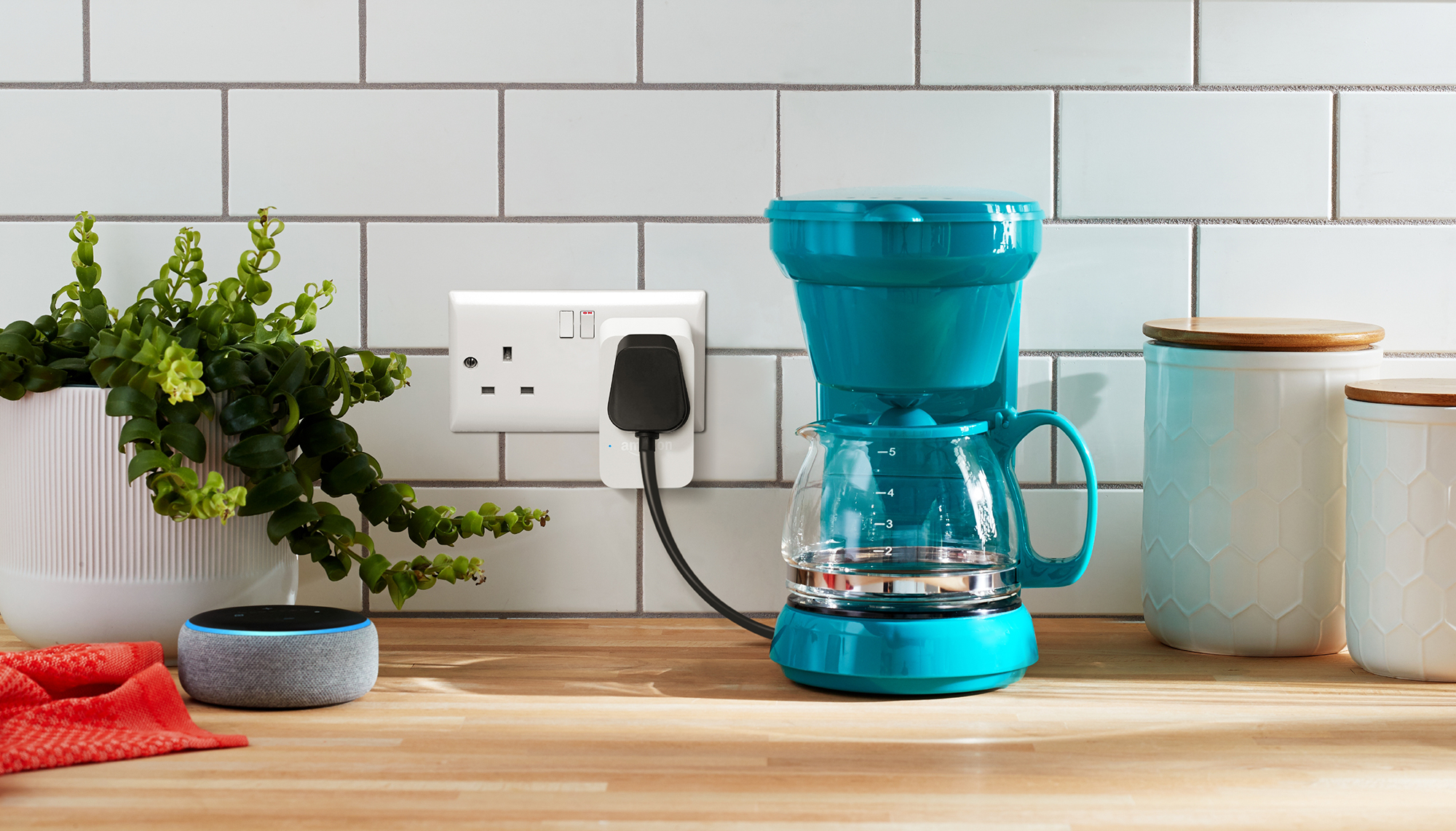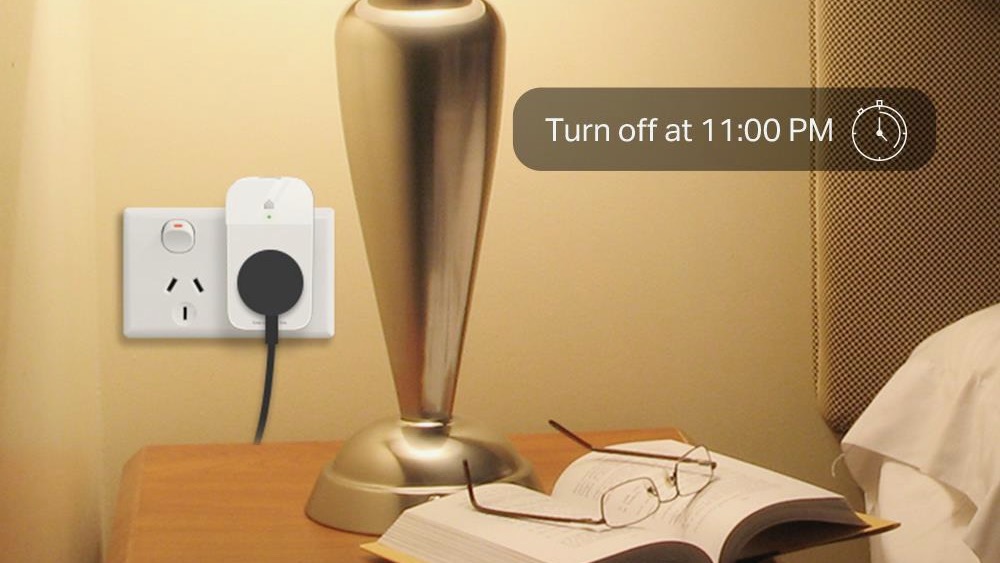Do smart plugs save energy, and why they can stop you wasting money
They’re a smart home staple, but can they help you be more energy-conscious too

Sign up for breaking news, reviews, opinion, top tech deals, and more.
You are now subscribed
Your newsletter sign-up was successful
The best smart plugs are a great way to automate appliances in your home. They are a cleverer version of the timer switches homeowners used to use to turn lamps or radios on and off in a bid to convince would-be burglars there was someone at home.
Thanks to rising household bills and the focus on climate issues with the recent Cop26 summit in Glasgow, Scotland, energy consumption is at the front of our minds, right now. And this is where smart plugs can help.
There’s much more to them than disguising the fact your home is temporarily unoccupied. Many smart plugs also offer a way to keep tabs on how long electricity-hungry appliances are switched on for and just how much they’re costing you.
If you’re certain you want to get your hands on the best smart plugs now, rather than read on to find out if they can save energy, then check out these great deals for some of the best on the market.
So, can smart plugs save energy?
The simple answer is yes – indirectly, many models can make you more aware of the energy you’re using, how much it’s costing you and where you could be saving money. Smart plugs from brands such as Eve Energy and TP-Link will monitor how much energy the appliance connected to them is using.
Some even let you input your electricity supplier’s prices, so when you open the app you can see in black-and-white just how much running that appliance is costing. For some of us, this may be enough to make us more conscious of switching these devices off when you’re not using them.
Keeping track of how much energy we use isn’t the only way they can help. You are probably aware that keeping devices on standby accounts for a chunk of totally unnecessary energy use. By having items such as your TV, set-top box, and games console on standby, or charging your laptop and tablet all the time they’re not in use, you’re continuously using electricity. In fact, the Energy Saving Trust believes the average UK home wastes £35 ( around $50 / AU$65) per year through appliances left on standby.
Sign up for breaking news, reviews, opinion, top tech deals, and more.
However, for many of us these appliances, home entertainment equipment in particular, may not be easy to switch on and off at the wall socket regularly. However, a smart plug ensures you can use your smartphone, rather than fiddling about behind furniture trying to find the switch.
If you’re forgetful and prone to leaving the house with appliances still switched on, whether that’s a steam iron, hair straighteners, or even the coffee maker, plugging it in via a smart plug will ensure that it doesn’t need to be left on all day, wasting energy. Nor does it require you to make yourself late by returning home simply to switch it off. Instead, you’ll be able to use your smartphone to turn the appliance off, even if you’re not at home. It’s safer too.
- What is a smart plug, and how it can stop your fear of leaving the coffee maker on?
- Do smart plugs slow down Wi-Fi, and why this shouldn't stop you from investing in one
- Find out if Matter will put an end to laggy smart home devices

Setting schedules can help too
Many of the smart plugs on the market have the ability to create schedules when they should be switched on or off, while others feature a sleep timer that can automatically turn off after a set duration has passed. If you know you tend to nod off when watching late-night TV, activating the sleep timer can ensure it’s not blasting away while you're enjoying 40 winks.
If you have an energy tariff that offers cheaper electricity at night rather than during the day, you can also use a smart plug to set the tumble dryer to turn on and off between these times, rather than having to wake up and set it going. This ensures you’re keeping costs as low as they can be, while still doing your bit for the environment.
- Check out the best smart home device deals

Rosie Hattersley has been writing about technology and how to use it for more than two decades for titles such as PC Advisor, Computeractive and Macworld. Despite living in a houseful of digital radios and streaming devices, she still likes old-school tech and has sizable collections of CDs and vinyl. A fan of crafting and upcycling, she’s a regular contributor to maker community magazine Hackspace and Raspberry Pi-focused The MagPi. Rosie enjoys live music, vegetarian cooking, campervanning adventures and unexpectedly long walks.